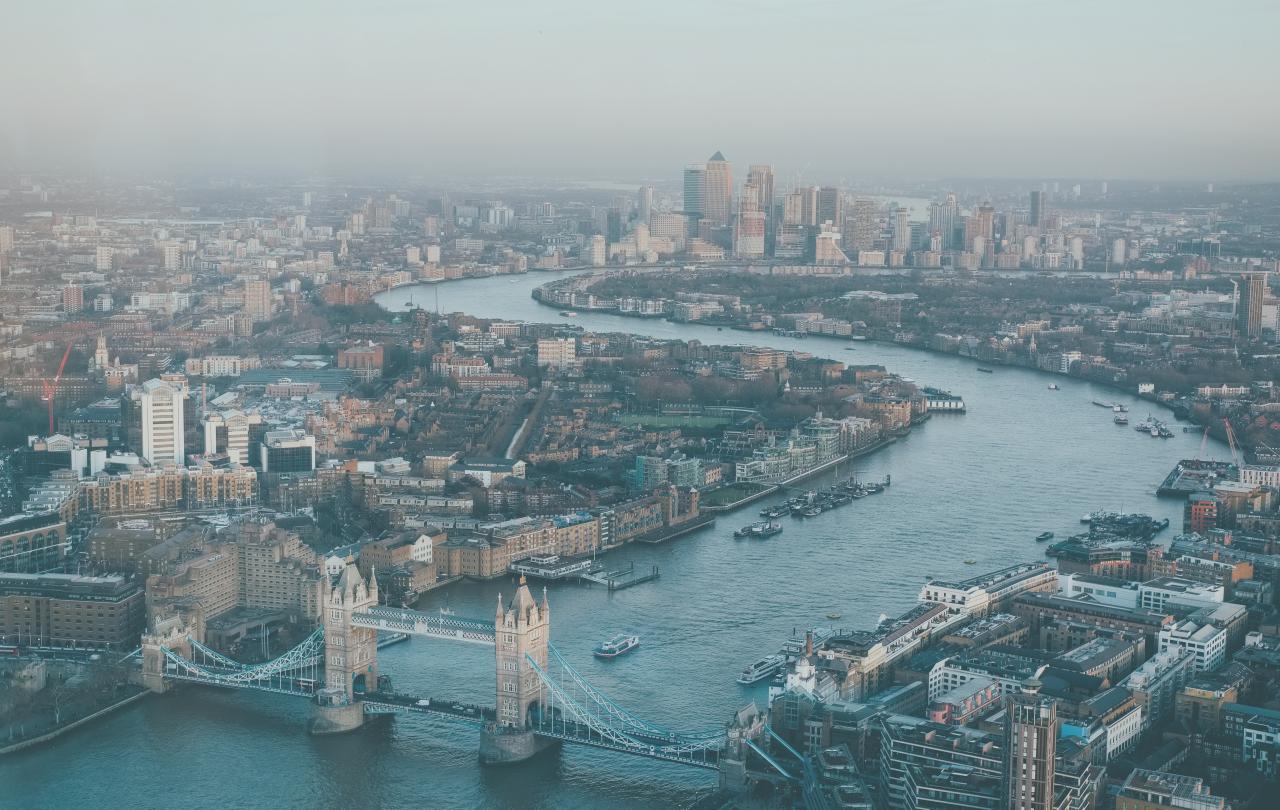
Faith by definition is meant to transcend reason. But the success of St Paul’s Shadwell, a 350-year-old Anglican church that regularly draws in several hundred worshippers each Sunday in an East London neighbourhood with one of the largest Muslim populations is at first glance a mystery up there with the concept of an all-seeing three-in-one god.
SPS, as the congregants call it, serves a parish where 78 per cent of those responding to the 2021 Census of England and Wales identified as Muslim. And yet the church has a membership close to 300 people. Last November, its bonfire night party in the churchyard attracted over 1,100 people, although there was undoubtedly a draw given that the hamburgers, hot chocolates and sparklers attendees could enjoy were given away for free.
The 2021 Census has been a landmark document for several reasons, including for the first time a question enabling people to identify as trans. But one of the biggest headlines it has gained has been its finding that for the first time a minority of people in England and Wales (46 per cent, down from 59 per cent in 2011) now identify as Christian, alongside a significant increase in those identifying as having no religion (37 per cent, up from a quarter decade before) and a smaller rise among other faiths.
How does this marry with the success of a church like SPS?
The first thing to say is that London provides something of an exception to the national trend of declining religious observation.
A report last year from the Church of England revealed that between 1987 and 2019, the number of people regularly attending a CofE church in England and Wales on a Sunday morning fell from around 1.2mn to 679,000. But over the same time period, the number of churchgoers in the Diocese of London increased, albeit slightly.
One of key reasons for London’s success is that it has been a significant beneficiary of a process of restoring the life of existing parishes, called church planting, where larger feeder churches send ordained leaders and up to 100 of their membership to either restart or bring new energy to an existing congregation. This happened to SPS 18 years ago, transforming a congregation of 12, at risk of having to close because of the lack of funds, first to 100 and then to its current size, all the more amazing because SPS has itself “planted” half a dozen other churches in other East End Anglican churches and parishes further afield.
There is another, more significant, reason why the Census is a flawed measure of the country’s faith. The question being asked was never meant to measure either people’s belief or their practice - the reason that so many people turn up at SPS and other churches around the country each Sunday.
What the Census organisers at the Office for National Statistics wanted to do was to measure religious affiliation. The reason they ask about affiliation rather than belief or practice is that a key point of the Census is to guide government spending on healthcare, education and social services. In this context, religious affiliation is a helpful guide to personal circumstances in a similar way to age, gender and ethnicity. In fact ethnicity and religious affiliation are often tightly linked, as is the case in Tower Hamlets’s Bangladeshi families, who make up almost the entire Muslim population of the borough.
One useful addition to the 2021 Census is an interactive map relating to the question of religious affiliation, in which you can drill down to clusters of streets to see how your nearest neighbours self identify.
My streets, in the middle of Tower Hamlets, buck the borough trend with 44 per cent of the Census respondents identifying as Christians. We have the good fortune to know a lot of our neighbours, perhaps because we live so close together in tightly knit terraced streets. From that group, I know a lot that would call themselves Christian although few attend church each week like us. We also share a street with several Muslim families, all British Bangladeshis, others who would definitely put themselves in the atheist category, a Sikh family and a former banker who is a member of a dwindling Jewish congregation in one of the last synagogues in Stepney.
Playing with the ONS Census map, the division of faith in Tower Hamlets closely resembles class divisions within the borough. The pockets of families linked to the East End’s white working class past, on the east and west side of the Isle of Dogs, or the upper middle class people who moved into the luxury flats around St Katharine Docks when Docklands was first being redeveloped in the mid 1980s, are all places where Christian affiliation bumps around the 50 per cent mark.
As well as boasting the country’s largest Muslim population, Tower Hamlets is also the fastest growing and the youngest (with an average age of 31 and a half) local authority in England and Wales. Many of these are the children of British Bangladeshi families, together accounting for about two thirds of the pupils in Tower Hamlets state schools. However, the young demographic also includes the so-called millennials, who have been attracted to the East End both for its vitality and its relatively affordable central London housing, and are the first generation to associate on a significant scale with being atheist.
What all of this shows is that while statistics are an essential part of understanding, we also need to understand what exactly is being measured as well as the limitations of that data.
One of the great unknowns about what data we have is how many people have started to think a lot harder about where they stand on the faith affiliation scale.
The question “what is your religion?” was only added to the Census in 2001, when 72 per cent of the population identified as Christian. No one then realistically thought that this figure was a true guide to the beliefs of the nation, and it seems that since then a lot of people have thought harder about the subject and perhaps been a bit more honest about where they stand in terms of living out a faith.
Not only is 23 years a blink of an eye in the long history of human belief systems, it is probably not long enough for society to come to terms with where it is with faith.
The more interesting figure is still the growth in church attendance in London - no doubt driven by people coming to the capital from around the world as well as the church planting movement. Bums on seats is still a flawed guide, but still probably the best one in terms of understanding where the British public are at when it comes to faith.





